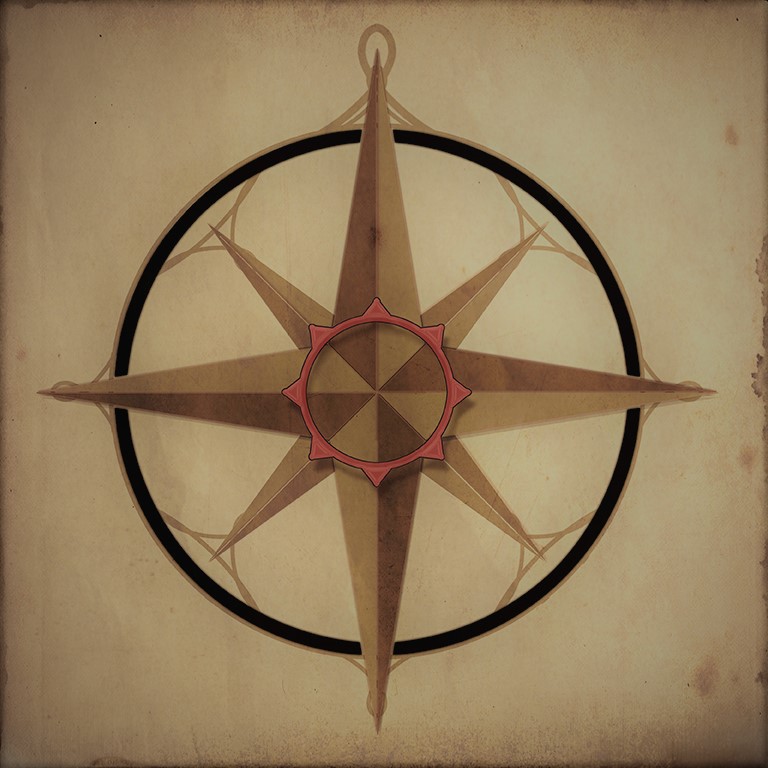As a kid growing up, I secretly read ahead through all my homeschool history textbooks. “Save it so you have something new to read later!” my mom squawked when she caught me, taking the books away and shoving me toward the library for extracurricular reading (she was limited on curriculum). By fourth grade, though, I’d read all the material.
Some stories I still remember vividly, especially from early American history: the disappearing Roanoke colony, the Salem witch trials, the way the Indians taught the Pilgrims to bury fish heads with their corn seed to fertilize it. There was a charming tale of a Puritan church deacon who pricked a sleeping congregation member with a large thorn on the end of his staff, and the man jumped awake, shouting, “Curse you, woodchuck!”
One of the most impressive stories from that period wasn’t set in America. It was set in present-day Canada, and in honor of Canada Day, I want to tell that story here. Here is the fascinating war story that determined so much not just for our friendly neighbor to the north, but for us in America as well.
Since the discovery of the new world, the French had had major holdings in North America, including the territory that is now Canada. However, the Isle of the Mighty disputed their claims during the Seven Years’ War (also called the French and Indian War, 1754-1763) and quickly moved in. They pushed the French to the north, but Quebec City remained a stubborn French stronghold not easily defeated. The Battle of the Plains of Abraham in 1759 just outside Quebec City was the turning point in this struggle between the French and British.
The French, under General Louis-Joseph de Montcalm, defended Quebec City with its strategic location on the St. Lawrence River. Montcalm had joined the military very early in life, and since he was a seasoned leader, King Louis XV chose him specifically to lead the French forces in New France. Things were going well for him: options were limited for British attack from land, and he had his back to the cliffs along the river. The British could not scale the cliffs… or so he thought.
Major General James Wolfe, leading the British forces, came to the new world a veteran commander whose father had also been a distinguished military leader. Having been frustrated assailing the Quebec City stronghold by land, he sailed up the St. Lawrence River and did what Montcalm had thought was impossible: took his army up the cliffs and attacked. In one night, General James Wolfe displayed incredible energy and determination when his four thousand five hundred British troops scaled the cliffs to fight the French.
Montcalm (understandably!) worried that if Wolfe had been able to bring his army up the cliffs, then he might also be able to bring up his cannons. Wolfe’s maneuver was a complete success. The French evacuated the city and from that day on, French power in the new world diminished to almost nothing. The British had the upper hand in New France. And today, New France is called Canada.
Imagine for a moment that Wolfe’s insane tactic had failed, and the British had not been so successful in New France. The French would have increased their power against depleted post-war Britain and French influence would have spread – culture, language, religion, and political power – to the colonies. Wolfe’s victory was significant not only because it influenced the creation of modern-day Canada, but also because it helped the colonies later to gain support from the French during the American Revolution.
July the 4th is coming up for us Americans, but let’s also celebrate today: Canada isn’t still New France. No country functions in a vacuum, independent of its neighbors. 1759 may have been a long time ago, but the fact that an army scaled the cliffs along the St. Lawrence River helped determine our ability to celebrate both days.
Happy Canada Day,
~The Dauntless Princess~

